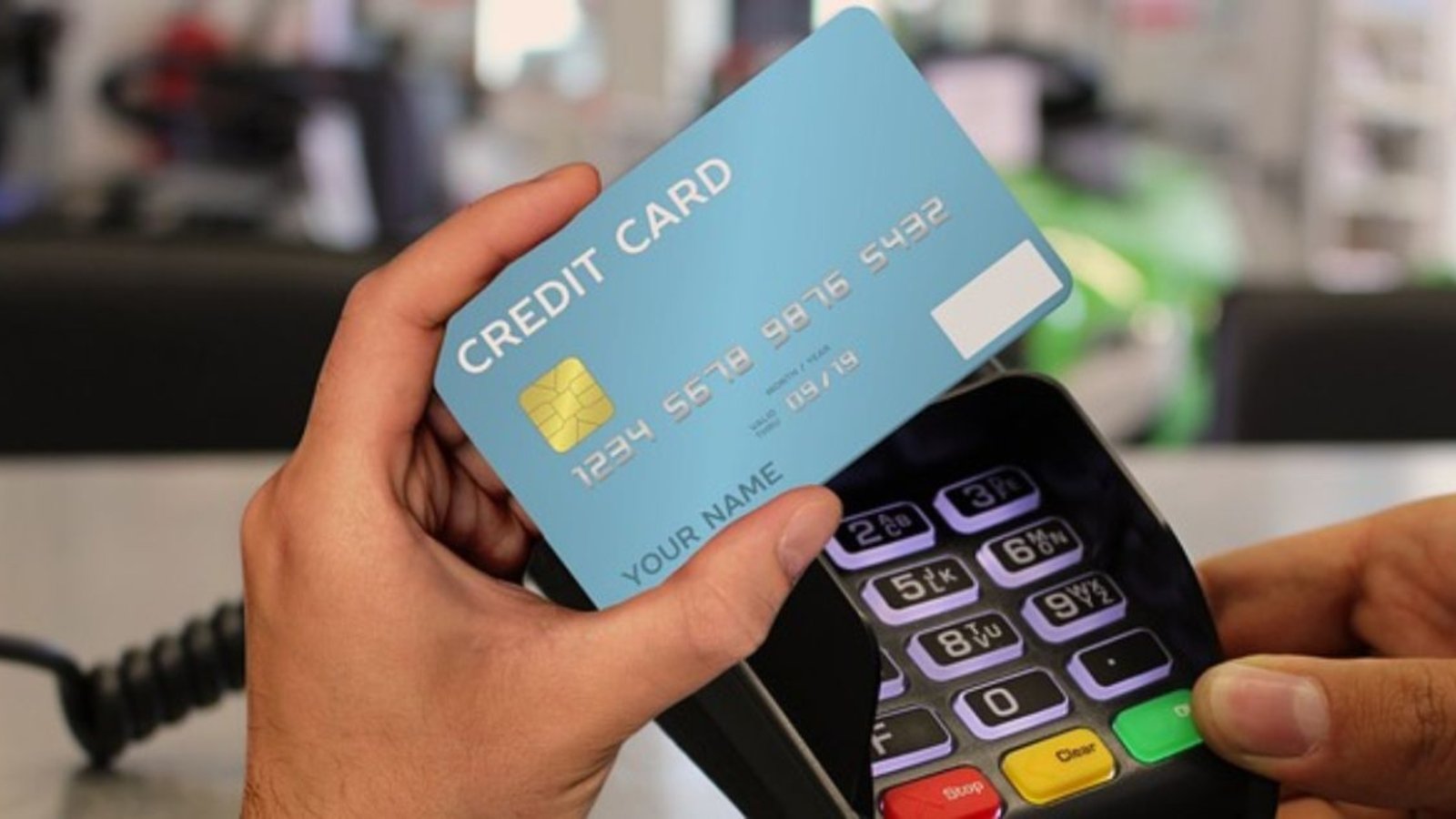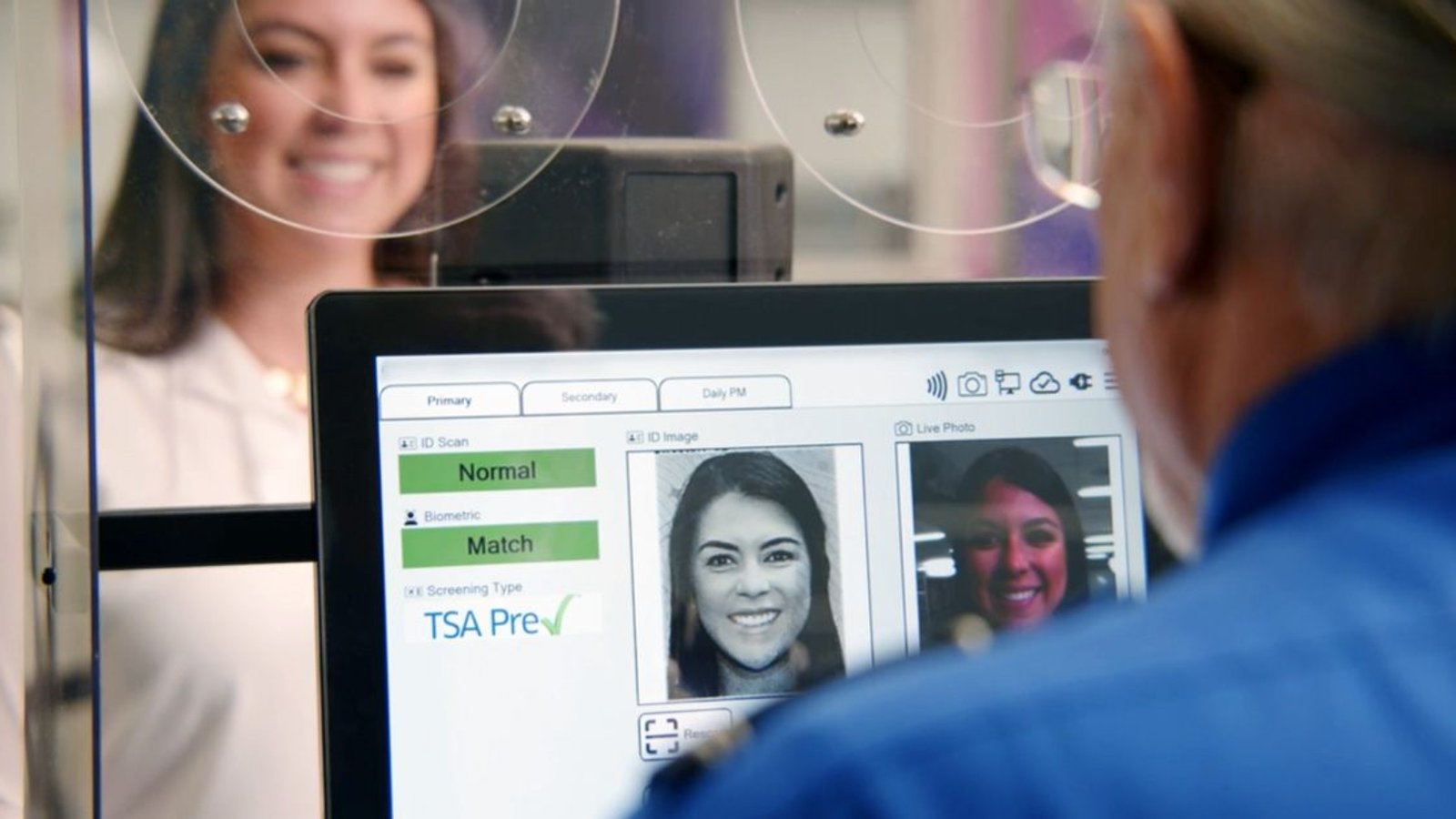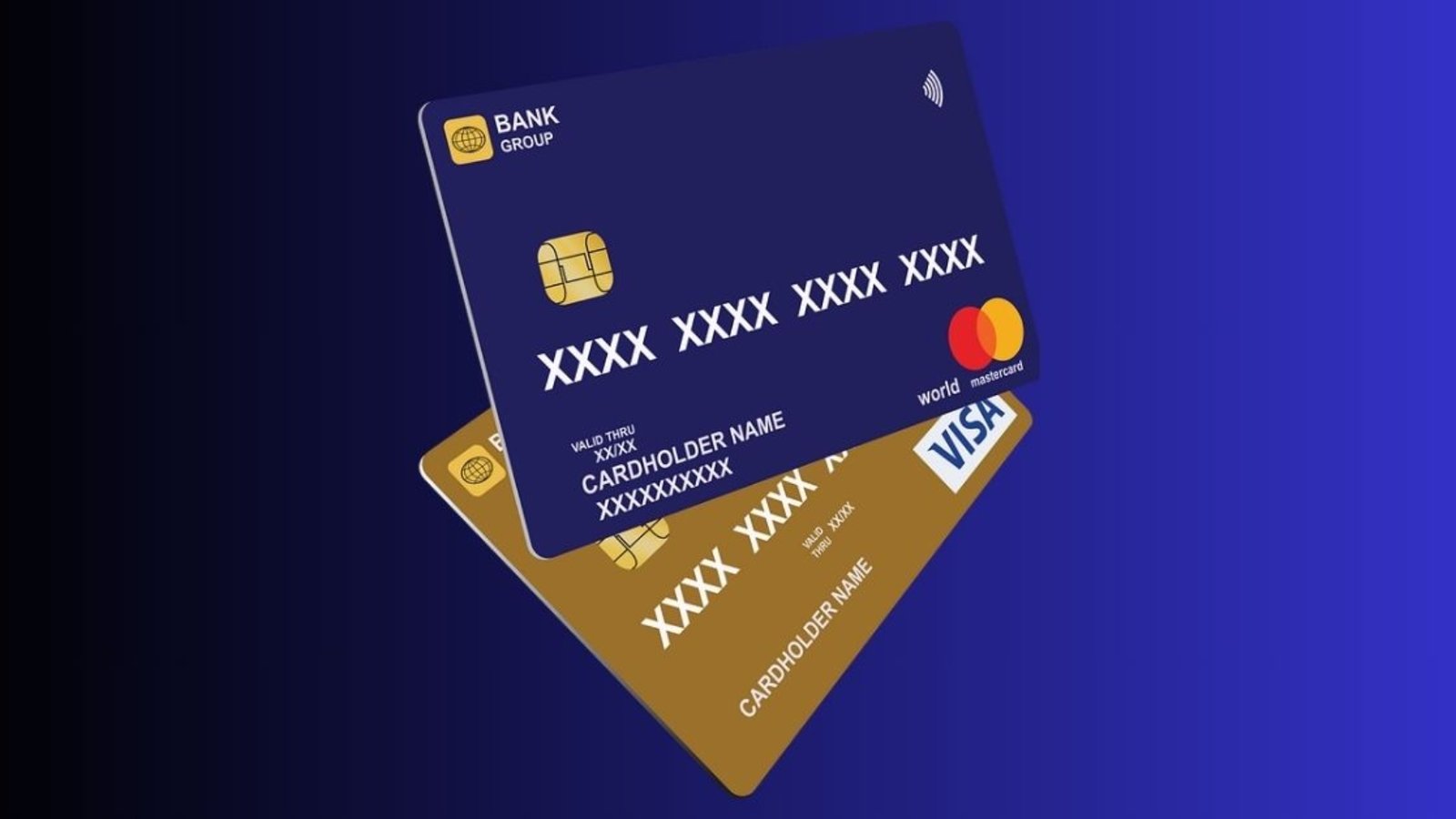Introduction
Planning a travel trip to Europe for two weeks with your relatives would possibly sound like an expensive dream, but with careful planning, it’s more achievable than you imagine. How Much Money do I Need to Plan a Travel Trip to Europe For 2 Weeks free with my family? This is a question many finance-conscious travelers ask, and it’s exactly what we’ll explore in this guide.
From low-priced accommodation alternatives to unfastened sightseeing possibilities, Europe offers countless methods to make your family trip unforgettable without breaking the financial institution. Be it to go through ancient places, enjoy breathtaking train rides, or get to taste local foods; we’ve got you covered during planning for a trip that fits any budget.
In this article, we will try to break down all prices to give you a clearer idea so you can figure out how much money you will need. You would also lead the pack in narrowing down costs and money-free travel ideas by taking advantage of awards and discounts and clever planning.
Traveling to Europe does not have to be difficult and expensive. If you know how to get the right information and with some right choices, this dream vacation with the whole family can become a reality. Let’s dive in and start planning your ideal European period of traveling.
What Are Some Popular Destinations for a Europe Trip?

Europe has fantastic attractions, from the main and historical cities such as Paris, Rome, and London to romantic towns, such as Bruges, Salzburg, and Cinque Terre. Any traveler would find something. From the romantic canals of Venice to the wonderful hiking in the Swiss Alps, the scenery at these destinations is wonderful.
Some popular places include:
- Italy: Famous for Rome, Florence, and Venice.
- France: Paris, the French Riviera, and the wines.
- Spain: Barcelona, Madrid, and the sunny beaches of Andalusia.
It is essential to choose a destination carefully as it will affect your budget.
What Are the Most Expensive Countries in Europe?

Travelers often wonder, “Which countries are more expensive?” Western and Northern Europe tend to have higher costs. For instance:
- Switzerland: A day can cost upwards of $150–$200 per person.
- Norway: Known for its stunning fjords but high food and transport prices.
- Denmark: Copenhagen offers fantastic attractions, but accommodations can be pricey.
These countries are worth visiting but may require a higher budget.
What Are the Cheapest Cities in Europe?

If you’re traveling on a budget, head to Eastern or Central Europe. Here are some affordable cities:
- Budapest, Hungary: Thermal baths, historic sites, and great food for under $50/day.
- Krakow, Poland: Rich history and budget-friendly accommodations.
- Sofia, Bulgaria: Beautiful landmarks and very low costs for food and transport.
Choosing these cities can significantly lower your travel expenses.
What Is the Average Travel Cost in Major European Cities?
The average travel costs in major European cities vary. For instance:
- Paris: $120–$200 per day for mid-range travel.
- Prague: $60–$100 per day for budget travel.
- Barcelona: Mid-range travel could cost $100 to $150 a day.
Ultimately, all this spending will depend on how you prefer to spend on dining, activities, and accommodation.
How to Plan a Budget Travel trip to Europe?
If you were thinking, “How to plan a budget trip to Europe?”, then here are some helpful tips:
- Book flights early-they can be bought on such as Skyscanner.
- Plan to travel off-season to save on accommodation-living in a hostel is less expensive than hotels.
- Use public transport or walk instead of renting a car.
- Opt for cheap lodging, like hostels or budget hotels.
A good plan may keep money in your pocket while enjoying the experience.
How Much Money Do I Need to Travel Europe for 7 Days?

For a one-week trip, a budget traveler might spend:
- $50–$70 per day for food, transport, and accommodation.
- Total for 7 days: $350–$500, excluding flights.
If you prefer mid-range options, costs could rise to $100–$150 per day, totaling $700–$1,050. Luxurious trips will exceed these amounts.
How Much Money Do I Need to Travel Europe for 2 Weeks?
A two-week trip would cost differently depending on the travel style:
- Budget travel: $50–$80 per day. Total: $700–$1,120.
- Mid-range travel: $150 per day. Total: $2,100.
- Luxury travel: $300+ per day. Total: $4,200 or more.
These estimates vary based on the countries you visit and your personal preferences.
Affordable Ways to Travel Europe for Two Weeks
If you’re looking for affordable ways to travel Europe for two weeks, here are some ideas:
- Flying with Ryanair or EasyJet.
- By bus (FlixBus) or by train (Eurail passes).
- Preparing your food or dining in neighborhood markets rather than restaurants.
These strategies can help you make your trip more affordable while not compromising on fun.
Should You Bring Cash When Traveling to Europe?
A regularly asked question often about traveling to Europe is: “Bring cash when traveling Europe?” It should very much answer, “depends on destination.” Most European cities would accept every kind of credit and debit card so carrying cash for small purchases or emergencies is also advisable.
How Much Cash Should I Take for Europe?
So, the follow-up question is, “How much cash should I take with me during a travel trip to Europe?” A good rule is to take around €200 – €300. Bigger expenses would be on cards, but for tipping and local markets or small places that do not accept cards, cash will come in handy.
How to Plan a European Vacation on a Budget?
It is possible to plan your trip to Europe on a budget with these few steps:
- Destinations were either Eastern Europe or Central Europe.
- Off-season for experiencing discounts.
- Affordable booking sites like Airbnb and Hostelworld.
- Running on a daily budget and keeping track of spending.
When done, that maximizes the experience without spending a fortune.
More Tips to Save Money on a Trip to Europe
Europe is not an expensive destination to travel to. You may discover many ways to tour this continent without much spending. Here are some useful strategies to save money and enjoy your trip.
Take Advantage of Credit Card Points
Using credit card points is one of the most convenient means to save money while traveling. Most of the credit cards offer travel rewards, like free flights, hotels, and discounts with specific retailers. For example, if you use a card with travel perks, you can redeem points earned for flights to Europe or accommodations in major cities such as Paris or Rome.
Save for Your Trip Ahead of Time
Begin saving early so that you don’t have that stressful experience of lack during the Travel Trip to Europe. Set up a dedicated travel fund and save a constant amount every month. Something like Mint or YNAB could help you track how your savings are progressing. By planning, you’ll have enough to cover costs such as accommodation, food, and transportation.
Track Your Spending During Your Travel Trip to Europe
Once you’re on the road, tracking your spending is crucial. Use budgeting apps or tools to monitor your daily expenses. Setting a daily budget of, say, $100–$150 can help you stick to your plan while enjoying experiences like local cuisines in Italy or city tours in Prague. Staying organized will prevent overspending and leave you stress-free.
Opt for Cheaper Cities
Make travel more affordable by refraining from staying in touristy cities. Krakow, Budapest and Sofia have superb attractions at reasonable prices. In these cities, a meal may cost $5–$10, whereas $20–$30 in Paris or Amsterdam. Thus, traveling to more affordable travel destinations can really save you money during your whole trip.
Choose Cheap or Free Attractions
There is absolutely no shortage of cheap or free tourist attractions in Europe. For example, among other cities, London and Berlin offer free admission to their numerous museums and public parks. Prefer walking tours whose promoters often offer them for free and serve as a better way to understand the city. There are various local markets, street festivals, and even beaches in which to indulge in low-cost activities.
Visit in the Off-Season
Traveling in spending-free seasons, usually during spring or autumn, presents the benefits of reduced costs. Prices for flights and lodging drop, as well as the number of tourist attractions visited, reduces in number. Such would be visiting Venice in October with no long lines or getting cheap flights to Spain in November. off-season travel is surely a more appealing and inexpensive experience.
Travel Within Europe
Once you are in Europe, traveling between cities by other cities becomes easy and cheap. Use low-cost airlines such as Ryanair or Wizz Air for short flights, and take trains and buses for scenic hour-long trips to get from one city to another without spending much. Perfect if you plan to visit several countries is a Eurail passes, while interstate travel on a budget can be done with buses such as FlixBus.
Enjoy Free City Tours
They organize many free walking tours in various cities of Europe conducted with extremely knowledgeable guides. The tours are usually about the famous sites within the city that add a little more spice to its history and culture. Barcelona, Berlin, and Prague have a good number of highly rated free tours. Don’t forget the guide, though, if you liked your tour.
Plan the Trip You Can Afford
Make a budget that is realistic enough to help avoid overspending. Take into consideration the costs of flights, hotels, meals, and all those attractions, and plan accordingly. If you cannot afford to stay in luxury hotels then opt for hostels or budget-friendly rentals. Instead of dining out for every single meal, save cash for cooking your very own food from rental kitchen facilities.
Pre-Trip Planning: How to Avoid Overspending
Planning is very effective for avoiding unnecessary expenses. Everything should be researched beforehand, from flight deals to free attractions. Skyscanner can provide cheap flights, and travel blogs know everything about cheap eats. Knowing to the dollar where your itinerary is headed would ensure you don’t go beyond your travel budget.
Smart Savings: Traveling Outside of the Peak Season
Peak tourist seasons are summer and holidays when everything surges, peaking prices for so many things. Traveling at other times grants one the lower end of such prices- of course, including that of a flight, hotel, and attractions. For instance, visiting Paris in April or Vienna in September, while not cheap, ensures the saver has good weather.
Maximizing Your Budget: Bundled Packages and Deals
Travel packages with combined flight and accommodation alongside activities are a nice find. Expedia or Booking.com do offer some nice deals on those terms. Bundled packages do not just save some pennies but lessen the burden of planning each detail separately as well.







